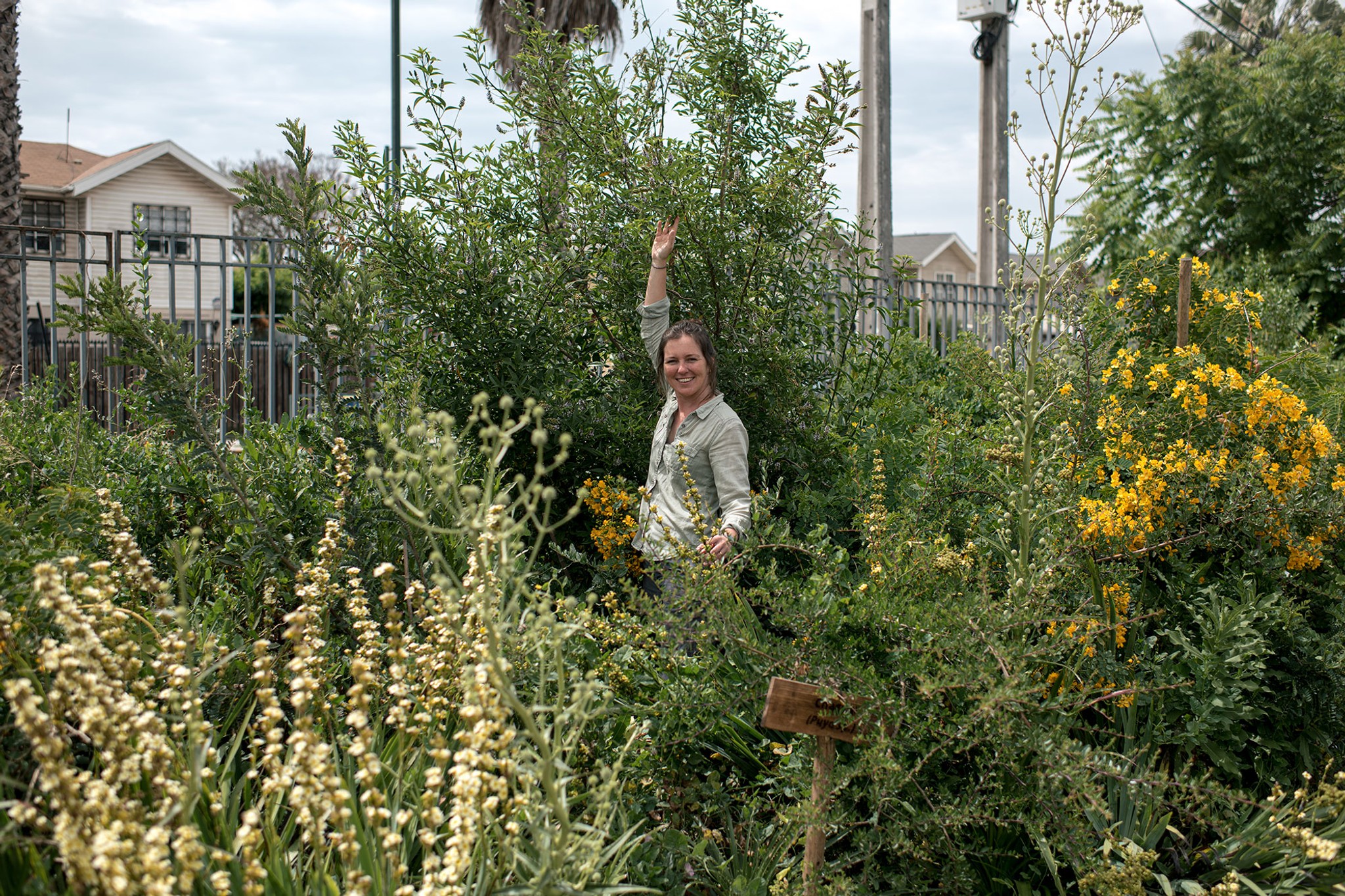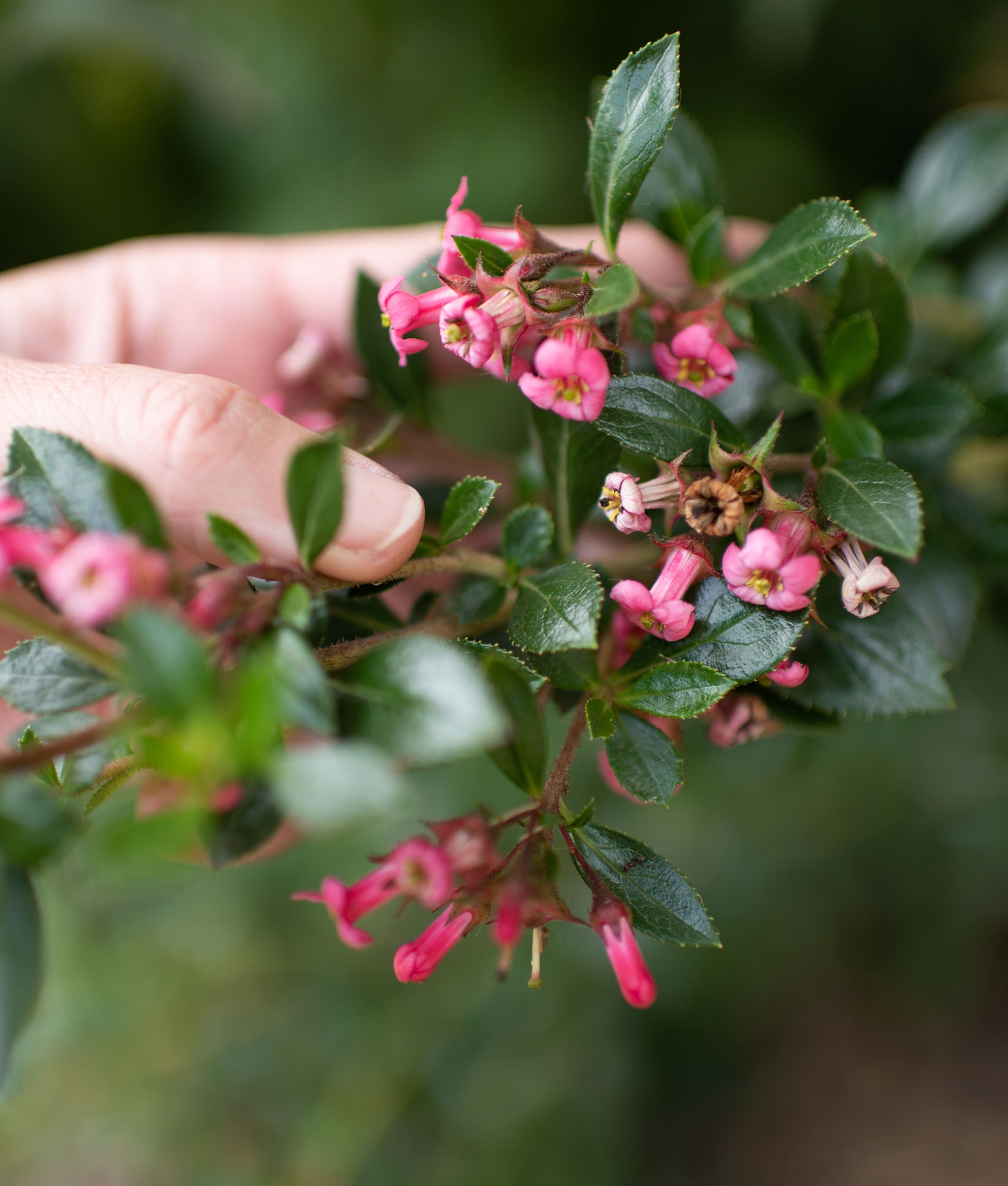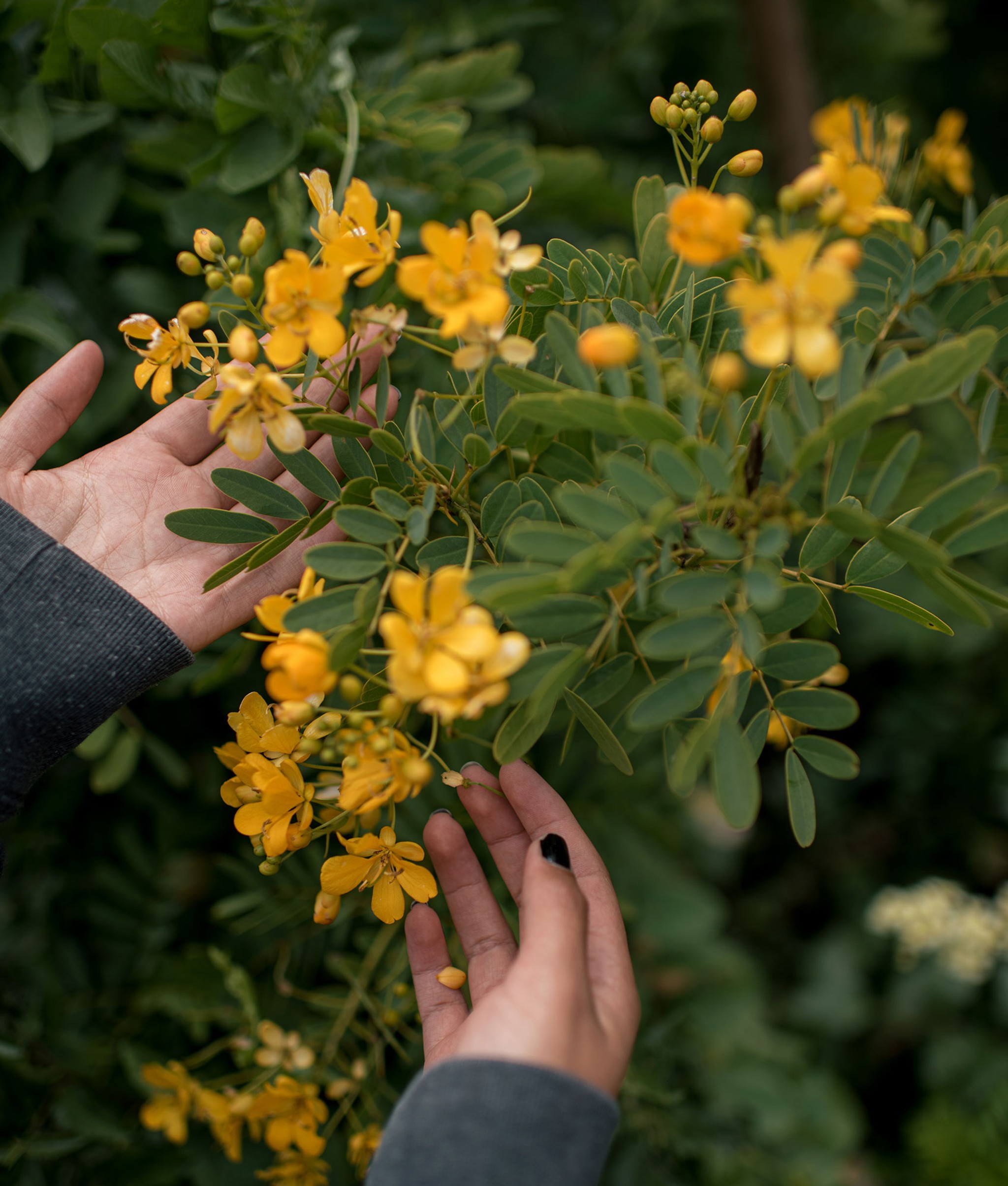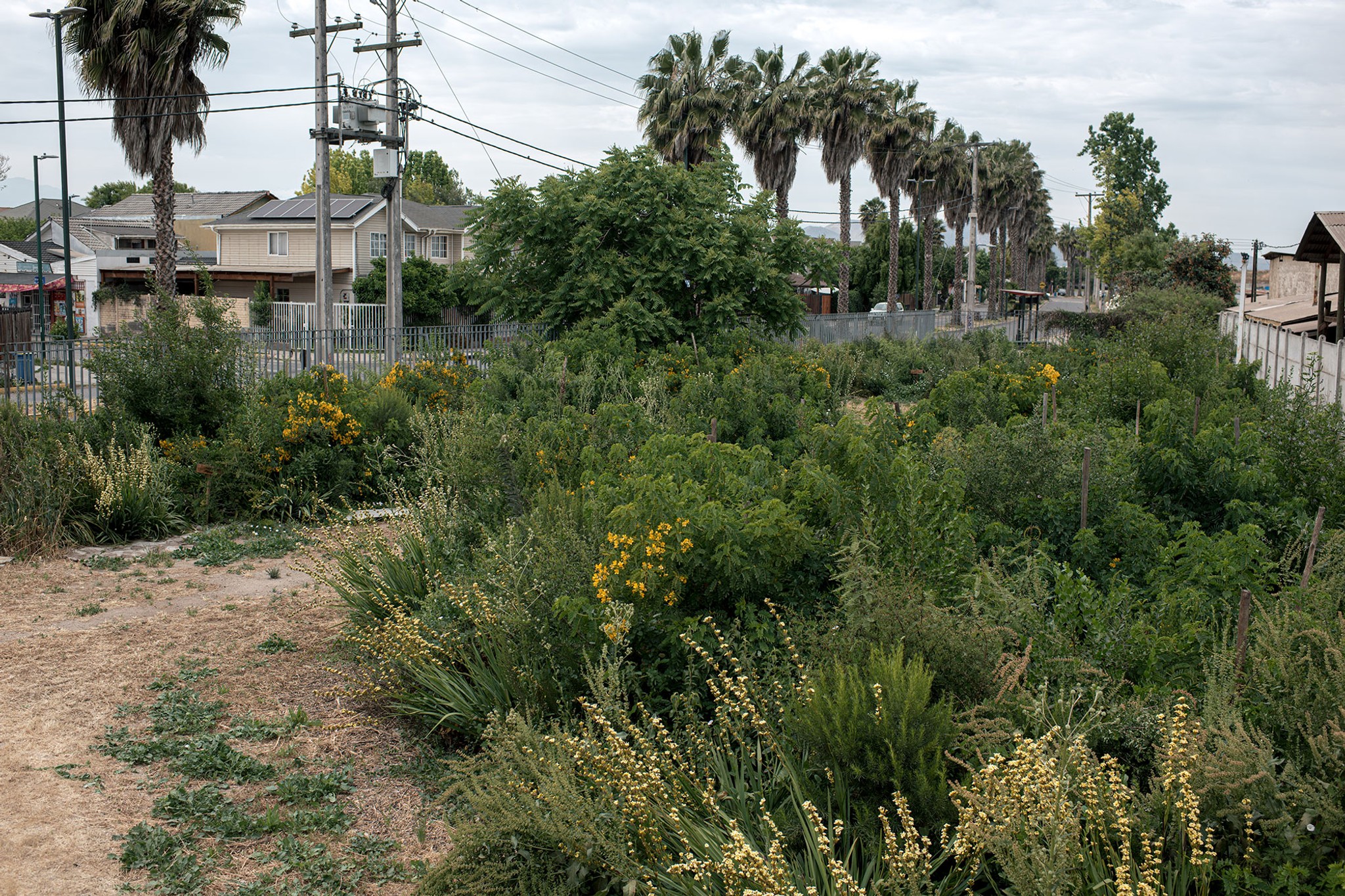The Urban Green Space Gap

Our cities are heating up, and fast. According to a study, cities and urban areas are warming 29% more quickly than rural areas, but not all areas will suffer equally.
The Urban Heat Island (UHI) effect exacerbates rising temperatures as cities retain more heat. With the global temperature hitting a record high, and killer heatwaves sweeping across the world, our cities are struggling.
UHI intensity varies within cities. This intra-city variation can lead to an uneven distribution of urban heat, impacting different demographic groups.


Our densely-planted Pocket Forests are extremely effective in helping cities mitigate the UHI effect.
Featuring three layers of vegetation, these green spaces cool their surrounding areas, improve air quality, and restore biodiversity.
With a focus on nature-deprived urban areas, so far we’ve planted 200+ Pocket Forests all over the world. Taking on the green space gap, our mission is to bring nature back to communities that need it most. Building green infrastructure, we want to reimagine the urban experience and create healthier habitats for all life.
How SUGi Pocket Forests cool cities

Lambeth, London, England
Southbank Centre - Natura Nostra Forest
Giving nature a chance to thrive within the brutalist architecture of London's Southbank Centre.
Located within the iconic Southbank Centre's complex and in connection with Hayward Gallery, this unique project will restore a pocket of native British ecosystem in the heart of London, supporting the wellbeing of both people and planet. Within a chaotic concrete jungle, the forest will be a restorative and awe-inspiring space for the millions of people who visit London’s Southbank each year.

“Pocket forests, even when relatively small, can have a dramatic effect on ambient temperature and the wider heat island effect. Dense areas of forest have a remarkable capacity to cool – via shading, transportation, and heat absorption.”
— James Godfrey-Faussett
SUGi Lead Forest Maker
Santiago, Chile
Maipú Student Forest
An urban forest for students in Maipú.
Planting an indigenous forest at the Liceo Bicentenario de Maipú has seen greenery restored and has provided a site for biodiversity to flourish in the busy city of Santiago. The site is next to a main road and consequently, Maipú School Forest will tackle air pollution, enabling the entire school community to breathe more easily.
Thanks to its visibility from the roadside, the forest will, in time, become a recognisable landmark in the local community, showing how green interventions can bring physical, mental and emotional benefits to all.













